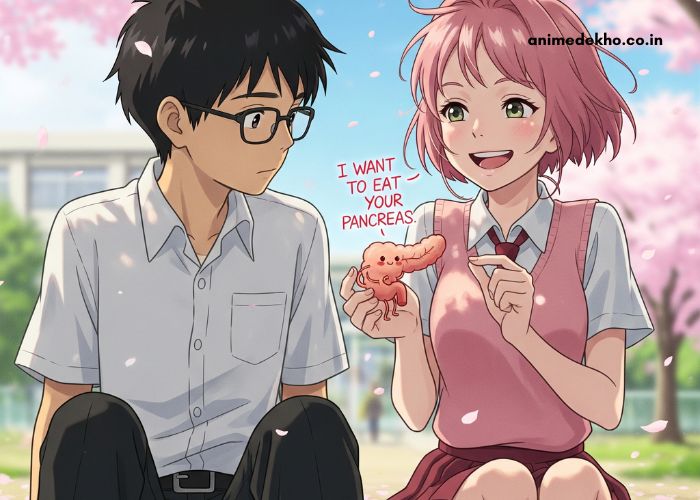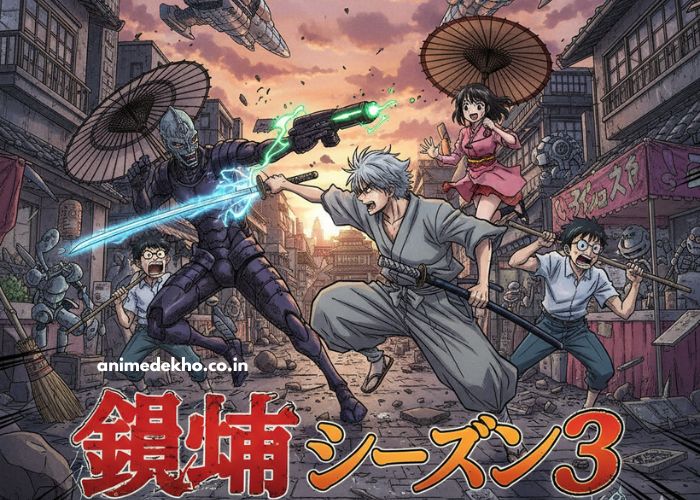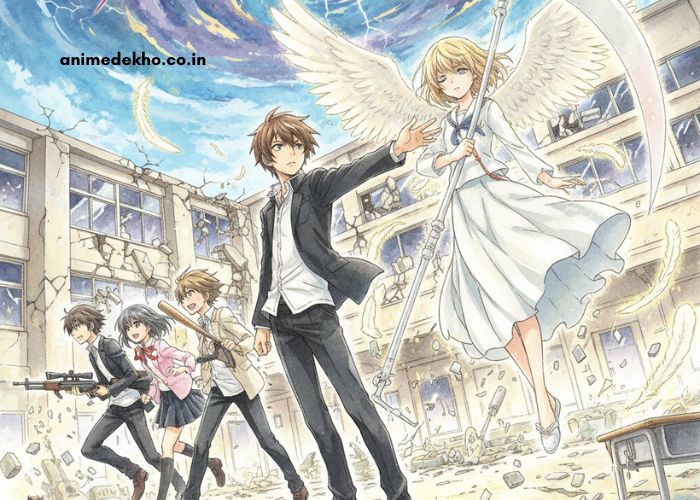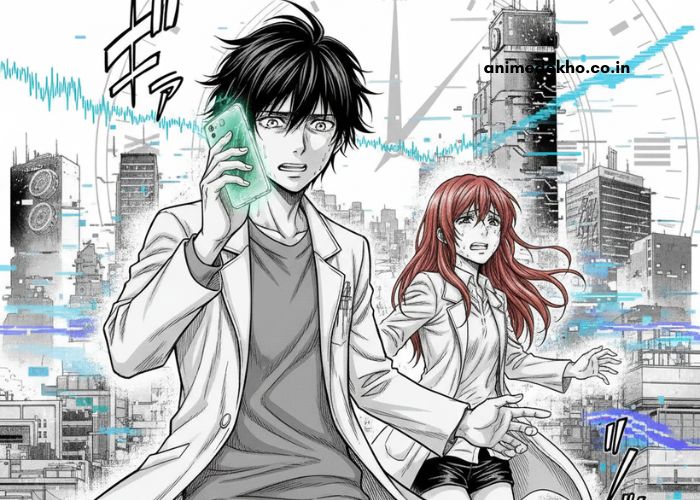| Detail | Information |
|---|---|
| Title | I Want to Eat Your Pancreas (Manhua Episode) |
| Genre | Drama, Romance, Slice-of-Life |
| Main Themes | Life & Mortality, Friendship, Love, Healing |
| Focus | Bond between terminally ill girl and introverted boy |
| Tone | Emotional, Bittersweet, Reflective |
| Audience | Fans of heartfelt, character-driven emotional stories |
| Key Highlight | A powerful story about cherishing life and connections before it’s too late |
The world of manhua has become a treasure trove for readers who seek not only entertainment but also deep emotional experiences. One such unforgettable episode is I Want to Eat Your Pancreas. Though its title may sound unusual, the story behind it is profoundly touching. This manhua episode delivers a heartbreaking yet beautiful narrative that revolves around life, death, and the precious connections we make with others.
In this article, we will explore the synopsis, themes, artwork, and reasons why this episode resonates strongly with fans worldwide.
Synopsis of I Want to Eat Your Pancreas Episode
The episode introduces us to two central characters: a quiet, introverted boy and a cheerful girl who hides a heartbreaking secret. While the boy prefers solitude and books, the girl has a terminal illness that she keeps hidden from most people. Their lives intertwine when he discovers her diary, revealing her struggle and her desire to live fully in the limited time she has.
From that moment, the story shifts into a heartfelt journey where the two form an unexpected bond. Together, they explore life’s little joys, learning more about love, courage, and mortality.Core Themes of the Episode
1. Life and Mortality
At its heart, I Want to Eat Your Pancreas is a reflection on the fleeting nature of life. The episode reminds us that our time is limited and encourages us to cherish every moment.
2. Friendship and Connection
The unlikely friendship between the boy and the girl showcases how meaningful human bonds can be, even in the face of inevitable tragedy. Their relationship is portrayed with tenderness, offering readers both joy and sadness.
3. Acceptance and Healing
This episode teaches readers that accepting the fragility of life is a form of healing. It portrays how courage can be found even in sorrow, making the story both inspiring and heart-wrenching.
Artwork and Storytelling
One of the strongest elements of this manhua episode is its beautifully detailed artwork. The artist captures the bittersweet emotions through expressive character designs and poignant scenery. Every panel, from a quiet conversation to a simple walk under the stars, conveys an atmosphere of fleeting beauty.
The storytelling balances lighthearted moments with deeply emotional ones. Readers are taken on a rollercoaster of laughter, warmth, and inevitable tears, making the episode memorable long after the final page.
Why Readers Love I Want to Eat Your Pancreas
This manhua episode has earned a special place in the hearts of readers for several reasons:
-
It tells a deeply emotional story that blends sorrow with hope.
-
The characters feel authentic, with flaws and vulnerabilities.
-
Its themes are universally relatable, touching on love, friendship, and loss.
-
The artwork enhances the emotional impact, making each scene resonate.
Unlike action-packed series, I Want to Eat Your Pancreas stands out for its quiet yet powerful storytelling. Readers often describe it as a life-changing experience, reminding them of the fragility of existence and the beauty of human connection.
Conclusion
The I Want to Eat Your Pancreas manhua episode is a masterpiece of emotional storytelling. By addressing life’s greatest truths—love, loss, and the importance of cherishing the present—it leaves readers with a sense of reflection and gratitude.
This episode isn’t just about sadness; it is about celebrating the precious bonds we form and recognizing the value of every fleeting moment. For fans of heartfelt, character-driven manhua, this is a must-read that will linger in your memory long after you finish.





